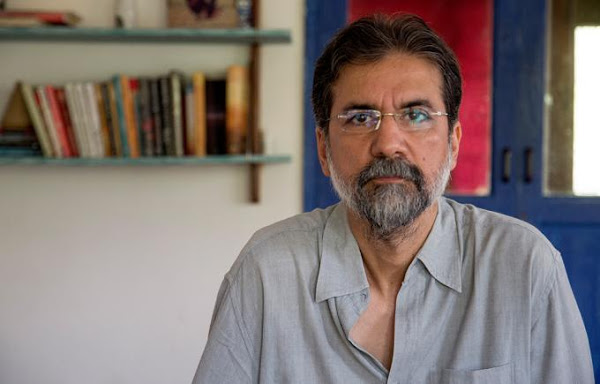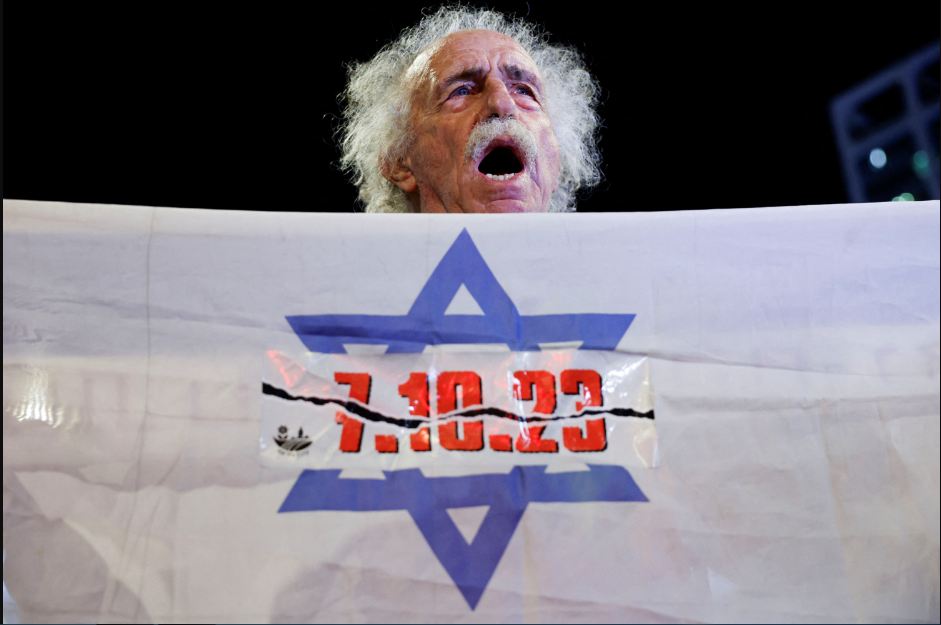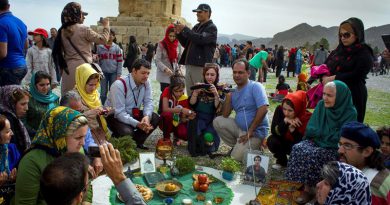“Kashmir Is The New Ayodhya”, Filmmaker Sanjay Kak’s Interview to The Quint
I think that Kashmir is the new Ayodhya. I know that people in Kashmir have now finally understood that their fate has sadly become locked into the electoral games that are played in mainland India.
“Article 370 is a strange thing. In some senses it governs the special relationship between Kashmir and India. Most of those special provisions have been hollowed out. Is abrogation going to mean that people are now going to settle down into some kind of comfortable and defeated relationship with India, I doubt it?”
Sanjay Kak, filmmaker, does not mince any words while talking about the latest developments in the erstwhile state of Jammu and Kashmir. In this conversation with The Quint, Kak talks about the abrogation of Articles 370 and 35A, bifurcation of the state of Jammu and Kashmir into two separate Union Territories, and what all of this means for the region in the coming days. The Kashmir Valley remains under mobility and communication restrictions after the announcement on 5 August.
What do you have to say about the Kashmiri Pandit response to this development vis-a-vis the Kashmiri Muslim response to it?
I have seen on the Internet, the videos of small groups of Kashmiri Pandits in Jammu and Delhi celebrating. I am sure they had some reason to celebrate. My family is in Srinagar right now. My 87-year-old father and 84-year-old mother are there. I doubt if they are celebrating the abrogation of 370. The one brief conversation I have had with them in the last nine days, they were furious. There must be a difference of opinion just like I am sure there is a difference of opinion amongst Muslims. I am sure you could find half a dozen Kashmiri Muslims who might celebrate the abrogation of 370.
Where do we go from here after the communication lines are open, after free movement is allowed?
I would say that we are going to see much more resistance in Kashmir. It may not necessarily be that the armed resistance gets a boost. It may be other forms of resistance and what will happen to the political cadres? Parties like the National Conference or the PDP or so many other political formations, how they will cope with the new reality, how they will explain it to their cadres? I don’t think it pushes them towards a more empathetic embrace of the Indian position. I would be surprised by that.
The Valley is fertile for the BJP then, is that what you are trying to say?
The decimation of the PDP or National Conference, if you are asking me whether that clears the way for BJP to start winning seats in Kashmir, I would be very surprised. Will there be a BJP governemnt which gets support from the Kashmir valley? I would be very surprised if that happened.
Do you think that it is more emotion than pragmatism which is operating from both sides: the Indian government and the Kashmiris?
You do something because you can do it. The consequences, I don’t think have been worked out. The only parallel I can think of is demonetisation. They have seen what the first step is and catered for it. The first step is that there will be protests so let’s crack down on the protests. But what are the other consequences going to be, I don’t know.
People in Jammu are upset that Punjabis, for example, are gonna come and buy their land and there is already a conversation about domicile provision.
If, for example, the removal of 370 has so many bounties to offer to everybody in the former Jammu and Kashmir, to the people of the Leh, to the people of the Kargil, to the people of the Kashmir valley, then surely this is something that could have been made an election issue and put before the public.
Member of Parliament from Ladakh made a fiery speech in the Parliament and said that it was indeed an election issue.
I think in Ladakh, certainly, there was a movement in favour of Union Territory. But, I don’t think at that time they anticipated that it would be a Union Territory without a Legislative Assembly.
How are people going to express themselves if and when they are allowed to?
I think that Kashmir is the new Ayodhya. I know that people in Kashmir have now finally understood that their fate has sadly become locked into the electoral games that are played in mainland India. There is a complete fog surrounding them. I think we need to insist that things be done for the fog to lift before we start forming opinions on what people are thinking, what they are for and what they are against.
You had once used the word ‘intifada’ in reference to Kashmir. Do you actually feel that there are these parallels with a very specific situation in Kashmir and Israel-Palestine where the word actually has a different connotation?
The word ‘intifada’ apart from the specific connotation in the Palestinian context actually refers to the unshackling. I used the word in the consequence of what happened in Kashmir in 2008, 2009 and 2010. What was the unshackling was that for the first time, the balance between the unarmed public and the armed militancy shifted very, very significantly. And the protests in the Kashmir were being spearheaded not by the armed militancy but by the unarmed masses, so to speak.
But that’s not necessarily true because in many of those protests we saw that the protestors were holding out flags of Jaish-e-Mohammad, Al-Badr or most recently the Islamic State.
I think that what happens in a protest, who raises what slogan, what flags are waved will always remain a very, very mysterious and complicated thing in Kashmir. There is a whole business of psy-ops, of who plants what flags in which crowd.
Are you suggesting that it could be actually the establishment that plants these flags?
Well, let’s just put it this way. I will have no evidence with which to say it but this is a very popularly held opinion. It has always been to the advantage of the establishment to make the protest seem much more radical and fanatical than they actually are. Because it helps them to harden public opinion in the larger universe. It helps them to take harsher measures.
If it were to suit the establishment to give a radical colour to a Public protest or to a mass protest. What would be the purpose of denying a video which was put out by BBC where after the Friday prayers, slogans were raised like “Azaadi ka matlab kya, la illaha ilillah” Indian establishment categorically denied that there were any such protests happening.
I am not here to defend what slogans were raised in Srinagar or what it means. The particular slogan you referred to in the BBC program, it’s a very old one. Nobody who has ever followed Kashmir would think that this is the first time they have heard that slogan. I, personally, wouldn’t waste a lot of time analysing the minutiae of what visual materials come or doesn’t come out. I would pay attention to the larger picture and that larger picture is pretty clear to me.
This establishment also intends to put this narrative out about the silent majority which is largely pro-peace, pro-India by extension. What do you have to say to that?
As to whether Kashmiris think that being pro-peace is being pro-India, that’s a complicated question. I think that’s a question that maybe we should first asks Dalits in India you know whether India is peaceful for Dalits? Maybe we can ask Indian Muslims that question.
Let’s grant them all the goodwill that they have been demanding-the Home Minister and the Prime minister-in their speeches. What is going to change in the valley that article 370 abrogation would now facilitate?
Demographic shift doesn’t simply mean that hundreds and thousands of Indians will poring. But what will be the impact on small business? What will happen if for example state government jobs are no more reserved for state subjects. These are real anxieties. And somehow I don’t think that assurances of the government or even the unfolding of a huge bag of promises that the Prime Minister made in his speech, I think none of those promises could not have been put into place without the abrogation of 370, if the welfare of the people of Kashmir valley was the intention.
It’s a clash of egos, would you say?
I don’t think it’s clash of egos at all. It is a very, very serious challenge and I think that is why people in India are so exercised about it because they are seeing in it the potential of a methodology that could be used against people in other part of India as well.
We see Pakistan government getting really worked up in the valley. So where does Pakistan come into the picture?
It would be very difficult to say that Pakistan has nothing to do with anything right from the moment of partition to 1989, armed militancy, there’s no doubt that it was supported by Pakistan and to the present. So, Pakistan has been speaking loudly about it. That’s also because Kashmir has a certain position within the popular imagination in Pakistan.
Article first published on The Quint.



